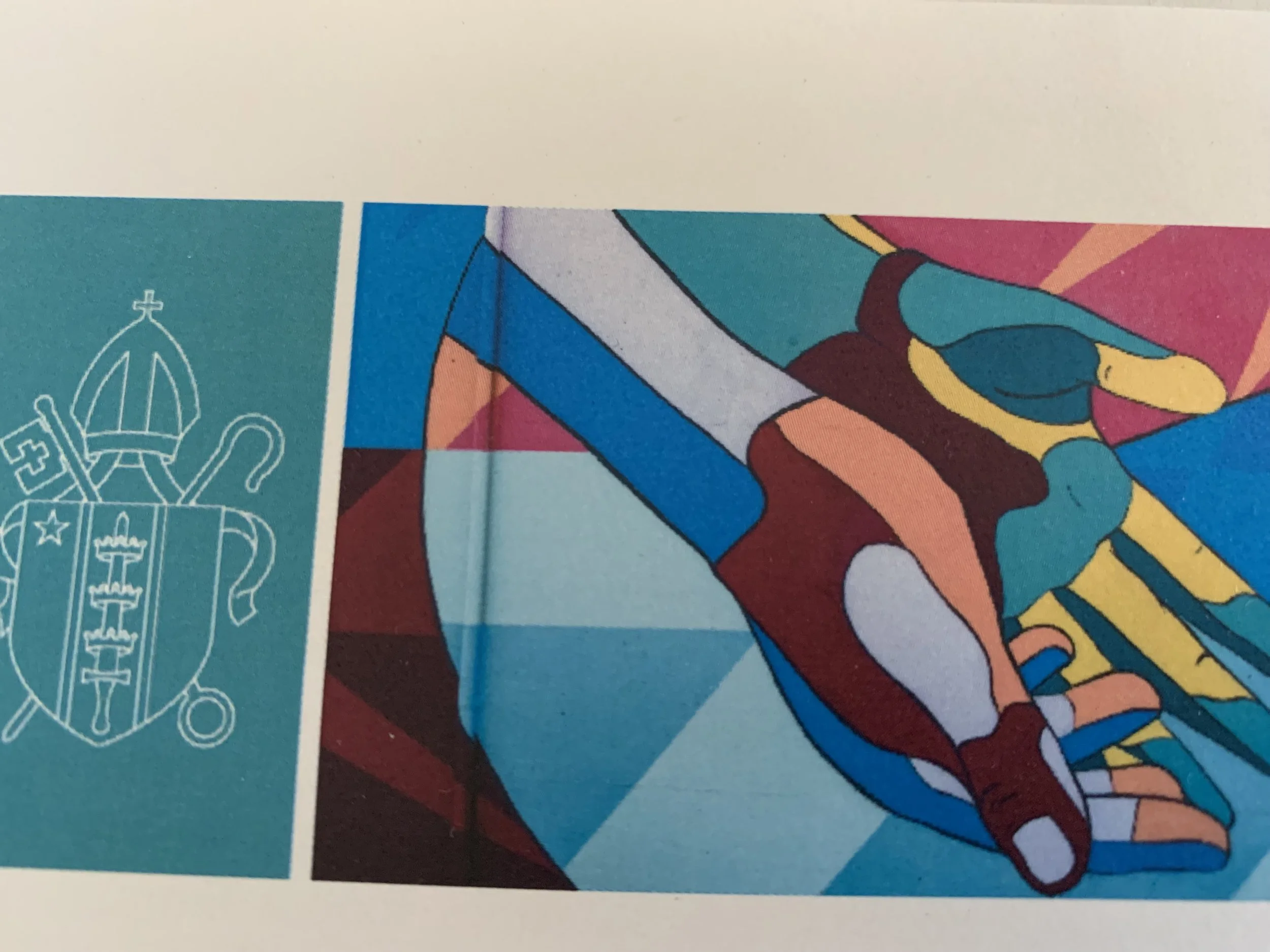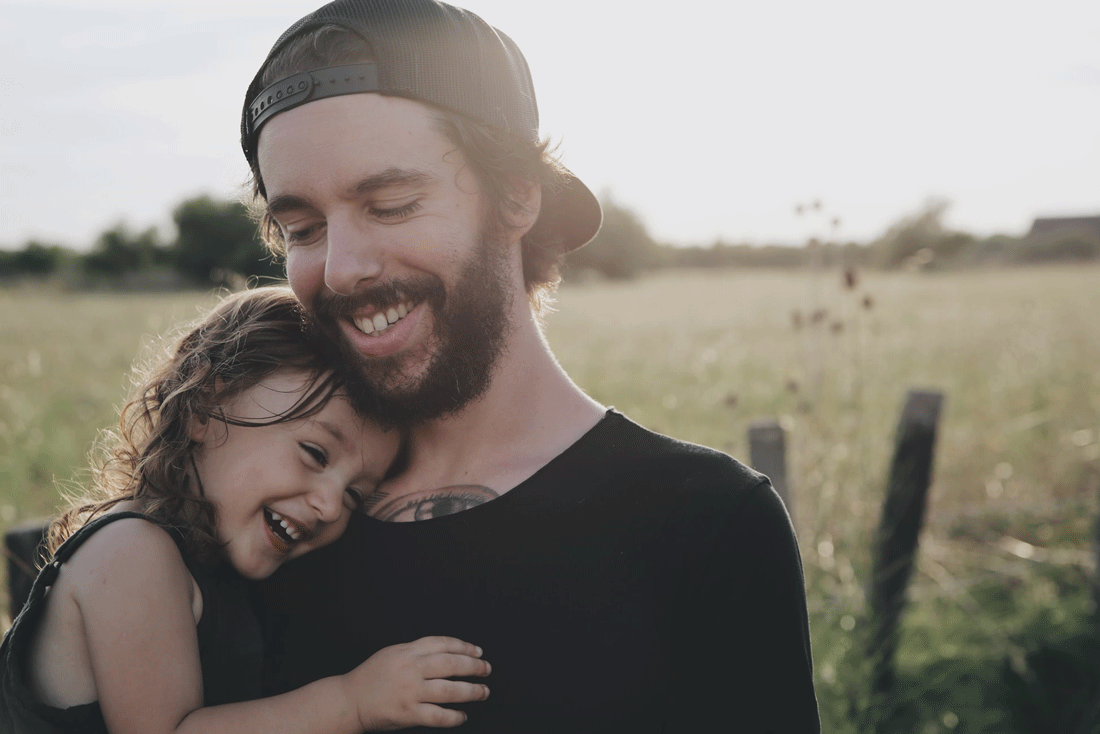‘Prophets Among Us’: new films and resources featuring Canon Ed Rodman
Two new films—and accompanying study guides—explore the life and wisdom of Canon Ed Rodman, a justice pioneer who has helped shape The Episcopal Church’s journey toward beloved community for more than 50 years.
For: Episcopal justice leaders, seminarians, youth, and young adults
“Canon Ed Rodman”: This documentary-style film chronicles the life and ministry of Rodman, from his teen years as a civil rights activist featured on the cover of Life magazine, to his tenure as a board member of the Student Non-Violent Coordinating Committee, to his role as a founder of the Union of Black Episcopalians and as primary author of The Episcopal Church’s anti-racism training.
“Prophets Among Us: Conversations with Justice Pioneers featuring Canon Ed Rodman”: A conversation between Rodman and priest-activist Hershey Mallette Stephens. This lively, shorter film explores lessons for justice leaders of today and tomorrow.
Films produced by the Committee to Celebrate the Legacy and Wisdom of Canon Ed Rodman, through partnership with The Episcopal Church’s Office of Communication and Office of Social Justice and Engagement, along with Episcopal Divinity School and the Diocese of Massachusetts. “Canon Ed Rodman” filmed by Heritage Films. “Prophets Among Us” filmed by the Office of Communication.








